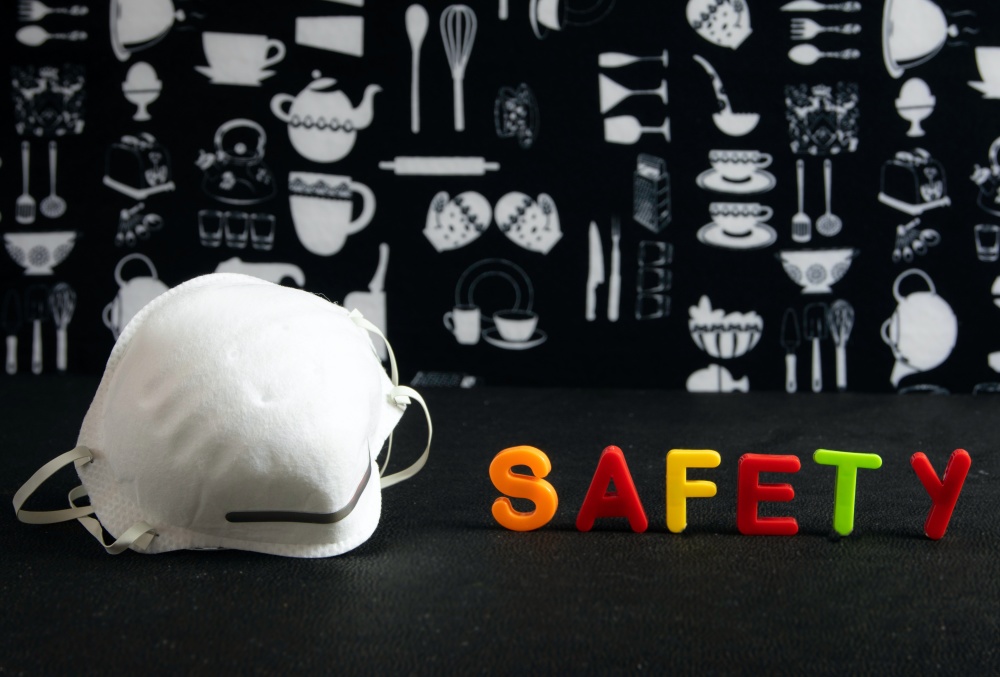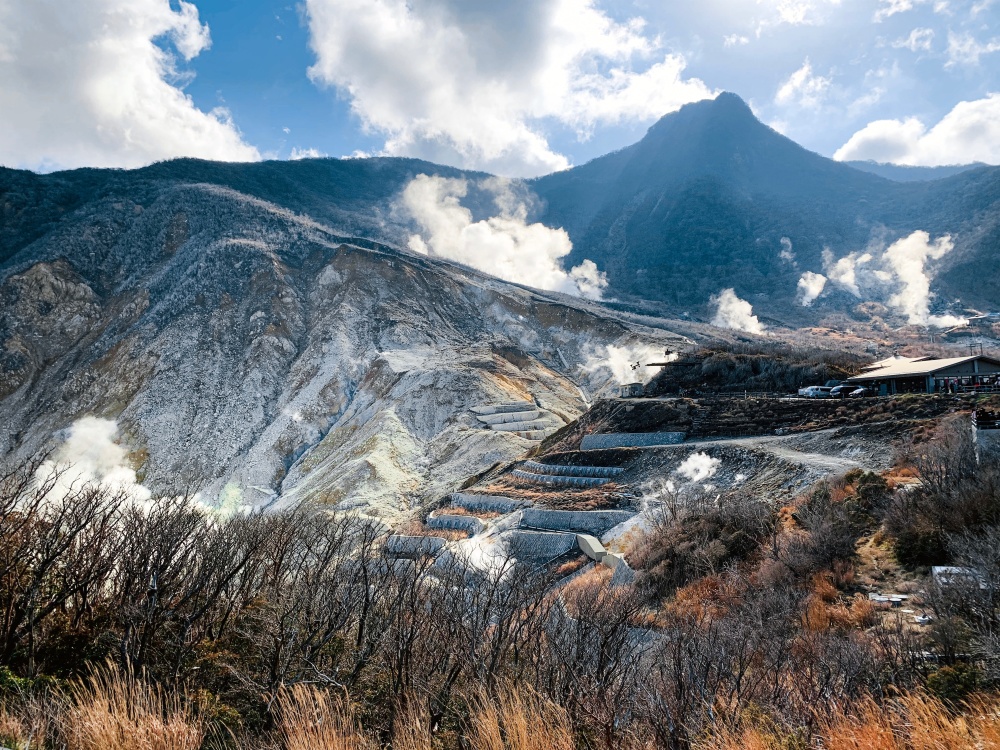Updated June 2, 2025
Is Japan Safe?
Are you considering visiting — or living in — Japan? If so, you might have questions regarding the safety of Japan.
It’s only natural, of course. Japan is a country with a somewhat closed-off culture. The language is hard to learn, and even the alphabet is different. It creates the impression that the country is somehow more “foreign” than other foreign countries that you might be more familiar with.
Well, I’m here to tell you that your concerns are unfounded.
Japan is as safe as it gets — it’s one of thesafest countries you can visit.
This is why I felt the need to write about this topic in particular. I often get asked about the safety of Japan by developers looking for work here. As their concerns couldn’t be further from the truth, I want to clear the air.
In this post, I’ll talk about the safety of Japan compared to other countries, as well as explain Japan’s safety in terms of the environment and the crime rate. I’ll also touch on how safe Japan is for LGBTQI+ travelers and solo female travelers.
Let’s start with hard facts and numbers.
Is Japan Safe to Visit?
The short answer? Yes. Japan is among the safest countries in the world.
In fact, the country is among the most peaceful countries in the world, just behind the Czech Republic and Singapore.
The most recent Global Peace Index states that Japan is currently the 10th safest country in the world, with a violent crime rate of only 0.3 per 10,000. This is an ongoing improvement, as the country was sitting in the 12th spot just the previous year.
This isn’t a coincidence, of course. The concept of social respect and abiding by the rules is a huge part of the country’s culture. Let me tell you why.

How Is Japan So Safe?
Japanese people feel a sense of moral duty when it comes to crime and disorder. With a robust education system, this sense of morality is implanted from childhood, and the children grow up to be vigilant individuals that strongly react to crime.
In fact, I explained this briefly in my post on Omiyage. The sense of community in Japanese culture is so strong that they even have set-in-stone rituals and rules for something as simple as gift-giving.
However, there’s actually another reason why Japan is so safe — the country’s strategy for handling crime.
Japan has a unique strategy to reduce crime rates by preventing “easy targets.” These easy targets are places where the most commonly committed crimes happen, such as small shops or ATMs.
Since these types of crimes can easily be prevented by taking the right measures, the government does just that.
Adding more security in places where petty crime happens the most, only placing ATM machines in safe locations, showing zero tolerance to drunk driving, never having employees work alone at places where robbery is frequent…
These are all simple but effective examples of what the Japanese government does to prevent crime here, and it works.
So, does this mean that Japan is safe for everyone?
Is Japan Safe to Visit for LGBTQI+ and Solo Female Travellers?
While Japan is a safe country in terms of violence, that doesn’t necessarily mean that the people in Japan are tolerant of everyone.
Let’s get this out of the way. Japan lags behind some fellow developed nations when it comes to marriage equality and LGBTQI+ rights. However, you certainly won’t face any violence due to your sexual identity or orientation.
In general, public displays of affection aren’t really common anywhere in Japan, no matter who it’s between. It’s a part of the culture in Japan.
As for the law, although same-sex marriage isn’t officially supported, same-sex relationships aren’t outlawed by any means. Furthermore, for women who travel solo, there’s nothing socially unacceptable or dangerous about women walking alone on the street, of course.
However, the only thing you should be on the lookout for is harassment in crowded public transport or other crowded places.
Unfortunately, this, along with people who take inappropriate photos of women with hidden cameras in public, are some of the things you should also be on the lookout for. Such occurrences are especially common in crowded cities like Tokyo, Osaka, or Kyoto.
Is It Safe to Visit Japan: Risk of Crime
As I explained above, the crime rate in Japan is extremely low. The existing crimes are mostly of the petty kind.
Small Crimes
As usual, you’ll want to exercise extra caution in tourist-heavy places and watch out for pickpockets. Since this is a true staple of the most tourist-attracting countries in the world, Japan isn’t really to blame here.
Luckily, pickpocketing isn’t really a thing in Japan outside of some tourist attraction sites. Similarly, mugging is a relatively low risk as well, but it’s best to always be cautious.
As there have been some incidents in the past few years, you might also want to watch out for bag snatching on the street. Make sure to carry your bag securely and always distribute your money between your bags and pockets.
If you’re staying at a hotel or a place that has a concierge or a receptionist, make sure to ask them what areas to watch out for. They’ll tell you all the places you should exercise extra caution in or straight up avoid altogether.
The Nightlife
Another thing to be cautious of is the nightlife.
Like most other areas of Japanese culture, nightlife is generally very safe. But there are stories from time to time of tourists getting taken advantage of — especially when inebriated. So it’s best to use your head: take only a small amount of cash when you go out.
Also, as a rule, always say “no” to strangers that invite you to clubs on the street. Most places are fine, but there may be a few areas in big cities like Tokyo with pushy men who will try to take advantage of you. I wrote a whole post about the various ways you can say “no” in Japanese, which may come in useful.
Lastly, never leave your drink unattended at a club. Spiking incidents aren’t unheard of here, but it’s very easy to prevent if you’re careful.
Again, Japan’s safer than the vast majority of countries, but you should still use your common sense.
The Stigma Around Body Art
This one may sound a bit weird, but tattoos can be a bit of a sore subject for some people in Japan. In fact, as recently as 2020, the legality of tattoos was still a controversial topic.
Historically, Japan had an issue with gangs and “yakuza” (organized crime). And at one time, tattoos were associated strongly with these groups. As a result, tattoos were seen as a symbol of intimidation and fear, which still triggers the people of Japan today.
And while tattoos are now fully legal in Japan, they’re still not overly popular — or even tolerated — by the general public sometimes. If someone reacts to you in a strange way, it might be because you’re displaying your tattoos in public.
Don’t get weirded out if you get asked to cover your tattoos at a spa or a swimming pool in Japan, and definitely don’t make a fuss about it. Tattoos have a different meaning over here, and most people still find them unsettling.
Is it Safe to Visit Japan: Natural Disasters

While the crime rate is among the lowest in the world, Japan does have its fair share of natural disasters. Fortunately, major ones don’t happen often, and you can easily protect yourself against smaller ones by being informed and prepared.
Risk of Earthquakes
There’s no easy way to say this, and it probably won’t come as a surprise, but earthquakes are a frequent occurrence in Japan.
It’s a harsh reality, but luckily, most earthquakes are on a smaller scale and don’t cause much damage. Moreover, Japanese buildings are built to withstand most earthquakes, so there’s no need to worry. Especially since Japan has some of the best infrastructure in the world to deal with them when they do happen.
If it makes you feel any better, you can download apps like NERV to track earthquakes and get a notification when one is about to happen.
In case of an earthquake, don’t run to the doorways or the stairs, and try to remain calm while taking cover under a desk. Most Japanese people are unfazed by earthquakes, not only because it’s a common thing but also because there are systems in place if the worst comes to pass.
Tsunamis and volcanic activity are other natural disasters that can occur in Japan, as they’re often the precursor or the result of an earthquake. However, the chances of you getting hurt by this type of incident are extremely low.
Risk of Typhoons
Typhoons are another common form of natural disaster in Japan.
Knowing when typhoons most frequently happen can save you a lot of trouble here. Although each year is different, normally, you should expect typhoons to start around August and last till October.
Flooding is a common problem with typhoons, but it won’t affect you much unless you’re living on the ground floor and have indoor activities that’ll keep you busy.
Make sure to dress accordingly during the typhoon season in case you happen to get caught by one when you’re out and about. Other than that, there’s not much to do but seek shelter in a nearby restaurant, cafe, or store.
Winters can get harsh in Japan, especially in certain prefectures. If you’re curious about the general weather conditions in Japan during the winter months, check out my guide to winter in Japan, where I talk all about it.
Risk of Avalanche
Japan is also home to the best skiing/snowboarding resorts and pistes in the world.
Since the country frequently boasts record-breaking snowfall, many come to Japan to enjoy the winter wonderland. However, combined with the risk of earthquakes, an avalanche is always a danger to worry about when you’re out on the slopes.
Even if there isn’t an earthquake, other environmental factors might easily trigger smaller avalanches called “sluffs.”
Japan has many resorts that have natural, untouched pistes that are more suited for pros. If you’re going on a skiing trip in Japan, avoiding those “untouched” places might be a smart idea, as these places are more open to snow-related natural disasters.
I wrote about skiing and snowboarding in Japan in great detail in my other post. If you’re curious, head on over there to find out more.
Final Word: General Safety Tips
Before I finish up here, I’d like to leave you with some final words about safety. I tried to cover everything that’s noteworthy, but I still have a few tips left that can come in very handy in keeping you safe during your travels.
Firstly, knowing where to go in case something happens is crucial. Luckily, there are “police boxes” scattered all over Japanese cities. These boxes are called “koban (交番),” and they are usually easy to find as they stick out. Make sure to seek one out immediately if you fall victim to a crime.
Alternatively, You can call 110, which is the emergency police service. For ambulances and other emergencies, you should call 119.
In general, it’s a good idea to avoid letting people you meet on the streets or in bars know where you live. Also, be extra cautious of people who ask for such personal information.
Finally, check weather updates frequently. Knowing the evacuation points in your building can give you some peace of mind as well.
Get Job Alerts
Sign up for our newsletter to get hand-picked tech jobs in Japan – straight to your inbox.







